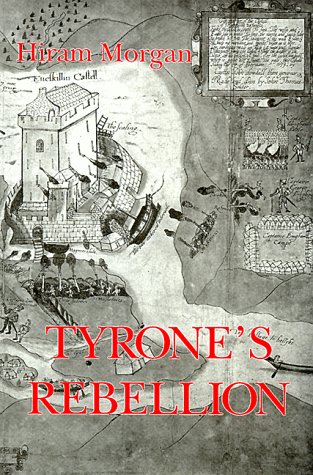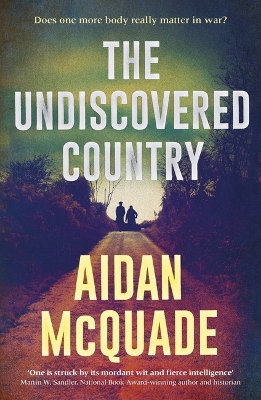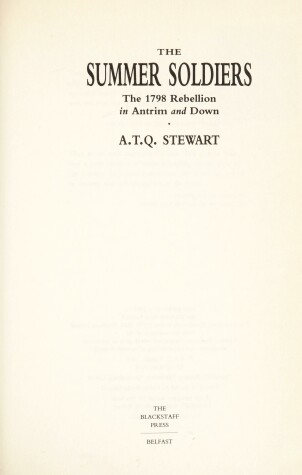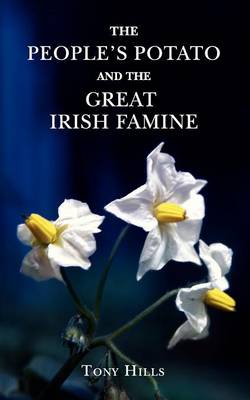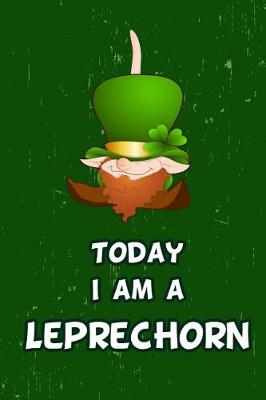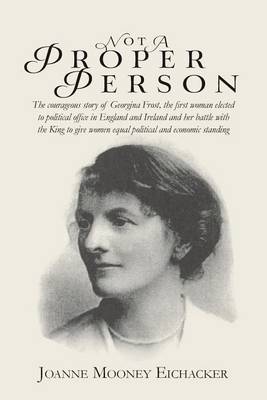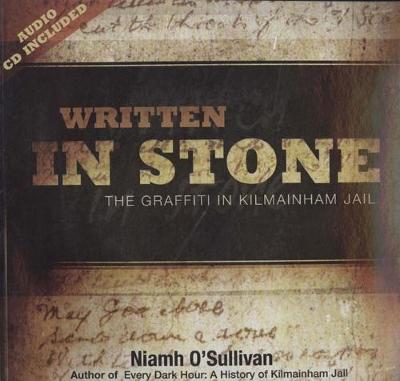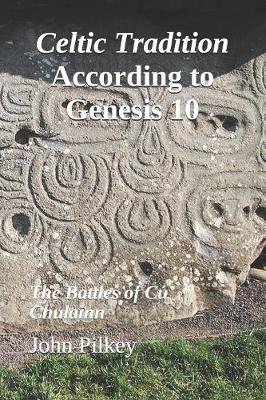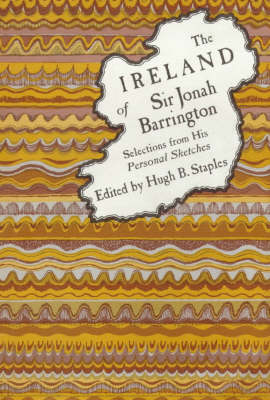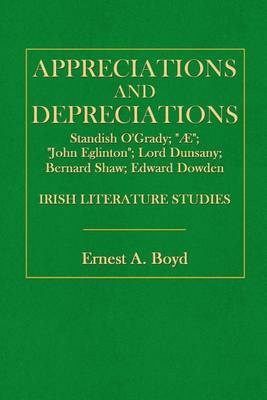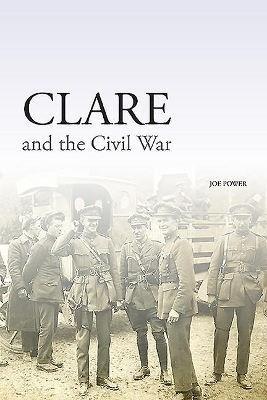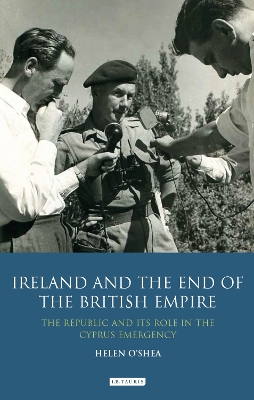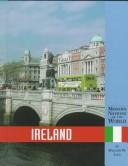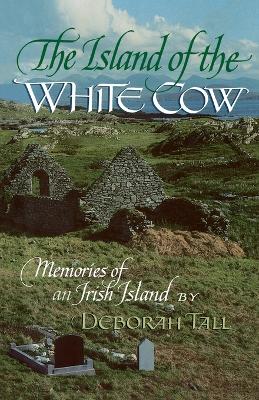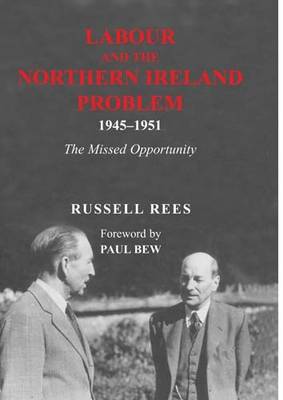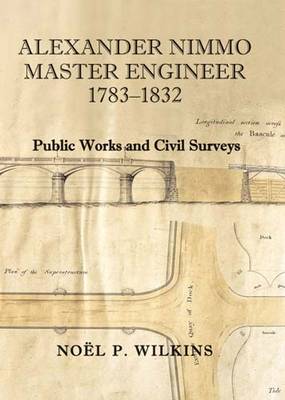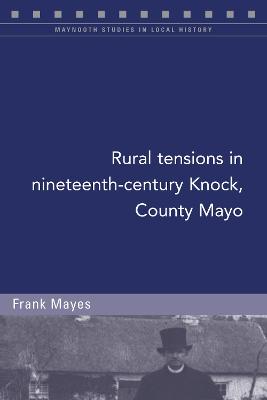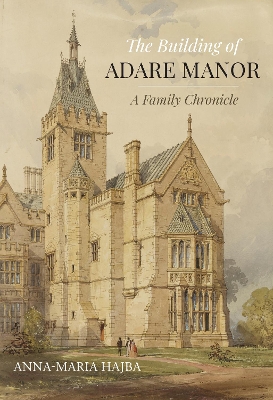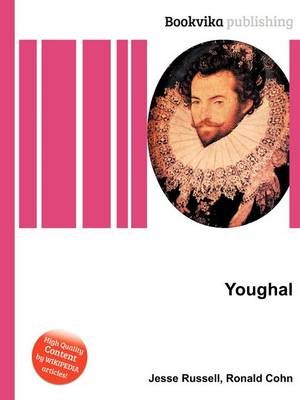In Great Haste: the Letters of Michael Collins and Kitty Kiernan
A new edition of the collected correspondence between Michael Collins, the Irish Free State head, and his fianceT Kitty Kiernan. The spruced up design and 64 new letters augment the curious relationship between Collins and Kiernan which unfolds over the course of 300 letters, chronicling the pressur
Tyrone's Rebellion (Royal Historical Society Studies in History, No.67.)
by Hiram Morgan
Between 1594 and 1603 Elizabeth I faced her most dangerous challenge -the insurrection in Ireland known to British historians as the `Rebellion of the Earl of Tyrone', and to their Irish counterparts as the `Nine Years War'. Thisstudy examinesthe causes of the conflict in the developing policy of the Crown, which climaxed in the Monaghan settlement of 1591, and the continuing resilience of the Gaelic system which brought to power Hugh Roe O'Donnell and Hugh O'Neill. The role of Hugh O'Neill, the...
'A smart and pacy debut' Irish Times 'One is struck by its mordant wit and fierce intelligence' Martin W. Sandler, National Book Award-winning author and historian 'A cracker read about morality and ethics in a time of conflict . . . A really accessible way of getting into complex stuff on nation-building and justice' Claire Hanna, MP for Belfast South 1920, the Irish War of Independence. Amid the turmoil of an emerging nation, two young IRA members assigned to police a rural village discover...
The story of the seven days, from 6 June 1798, when a coalition of idealistic Presbyterians and Catholics challenged the might of the Anglican establishment in Antrim and Down. It draws on contemporary diaries, letters and reports to present a history of the United Irishmen rising in the North.
Celtic Tradition According to Genesis 10 (Ancient Near Eastern Studies, #8)
by John D Pilkey
First published in the nineteenth century, these sketches were well known to Joyce and Yeats, both of whom borrowed from them on occasion. Full of unforgettable portraits and anecdotes, the sketches show Barrington to be an adaptable man, an active participant in the public and private life of late eighteenth century Ireland, and a keen observer of its idiosyncracies.
In 1949, Ireland left the Commonwealth and the British Empire began its long fragmentation. The relationship between the new Republic of Ireland and Britain was a complex one however, and the traditional assumption that the Republic would universally support self-determination overseas and object to 'imperialism' does not hold up to historical scrutiny. In reality, for economic and geopolitical reasons, the Republic of Ireland played an important role in supporting the Empire- demonstrated clear...
11:15 am, 3 September 1939. Prime Minister Neville Chamberlain confirms the nation's fears by announcing that Britain is at war with Germany. Outbreak is the definitive history of the build-up to, outbreak and first few months of the Second World War. Drawing on the Imperial War Museum's extensive archives, this book features the personal stories of real men and women who lived through the startling events of that year, as well as those who were actively involved in the political negotiations an...
Rural tensions in nineteenth-century Knock, County Mayo (Maynooth Studies in Local History)
by Frank Mayes
Death, Burial and Commemoration in Ireland, 1550-1650 (Early Modern History: Society and Culture)
by Clodagh Tait
This book is the first detailed examination of death in early modern Ireland. It deals with the process of dying, the conduct of funerals, the arrangement of burials, the private and public commemoration of the dead, and ideas about the afterlife. It further considers ways in which the living fashioned ceremonies of death and the reputations of the dead to support their own ends. It will be of interest to those concerned with Irish history and death studies generally.
1990 and 1991 Proceedings of the Harvard Celtic Colloquium (Colloquia, No. 10 & 11)
by W.J. Mahon

